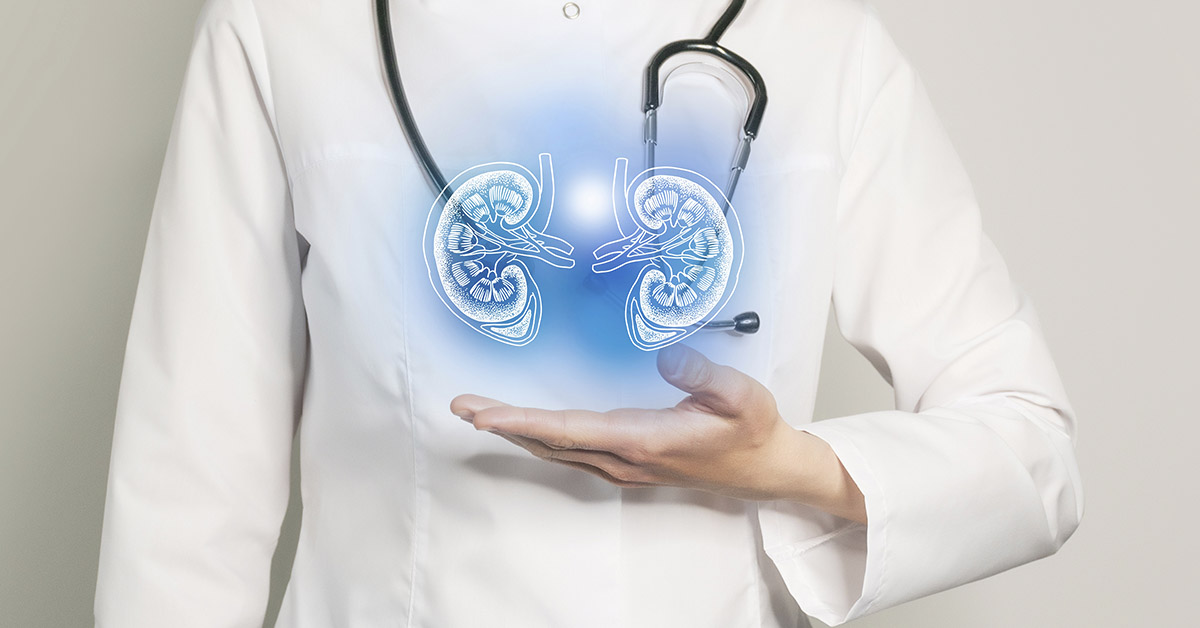Navigating life can be incredibly challenging. After all, none of us know what we’re doing. However, when a parent learns their child has a rare disorder, life becomes even more challenging and possibly a little hopeless. Unfortunately, because a small person is relying on a parent, they will have no choice but to push forward in search of a solution. Paul Rybkin from New Jersey did just that when he found out his daughter had Polycystic Kidney Disease.
Risking Polycystic Kidney Disease
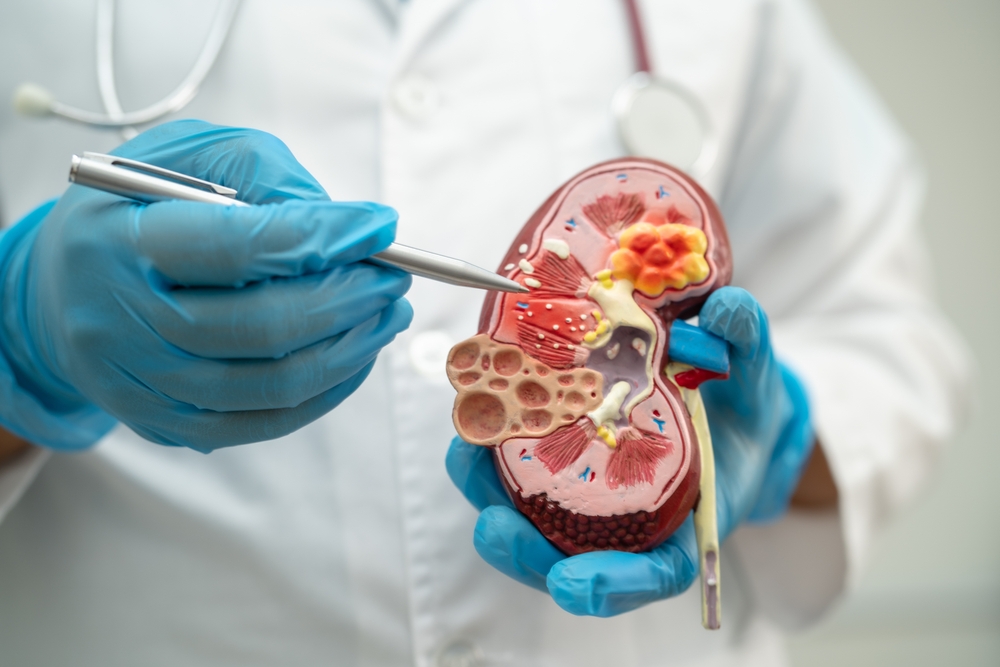
Paul Rybkin and Karen Rodas from Saddlebrook, New Jersey went through unimaginable hardships during their marriage. The tragic story began in 2012 when the pair lost their first child. Nathaniel died just 36 hours after his birth from Autosomal Recessive Polycystic Kidney Disease (ARPKD). Sadly, both parents carry a recessive gene that causes Polycystic Kidney Disease. Therefore, they knew there was a 1 in 4 chance their children would have a predisposition.
Despite the heartbreak, they refused to let Polycystic Kidney Disease prevent them from becoming parents. The following year, having a little girl named Madeline. Karen explained, “We thought our chances were good that our next baby would be healthy.” Unfortunately, that was not the case. Madeline was born premature and immediately put on a ventilator. Miraculously, she pulled through. She spent her first 18 months of life in and out of the hospital, but she always managed to pull through.
Read More: Risk Factors & Early Warning Signs of Chronic Kidney Disease
Facing Harsh Truths

Given all the risks associated with the couple conceiving, they knew that it was only a matter of time before they would hear those devastating words again. Another sweet baby would be diagnosed with Polycystic Kidney Disease and would eventually need a transplant. Fortunately, the couple was a little better prepared this time around and immediately tested to see if either would be a donor match. “We found out that I can donate part of mine to her when that time comes,” Paul said. “I would do that without blinking. We went through the compatibility test and are all set. I’m expecting to and I would give her all my organs if it helped.”
What is Polycystic Kidney Disease
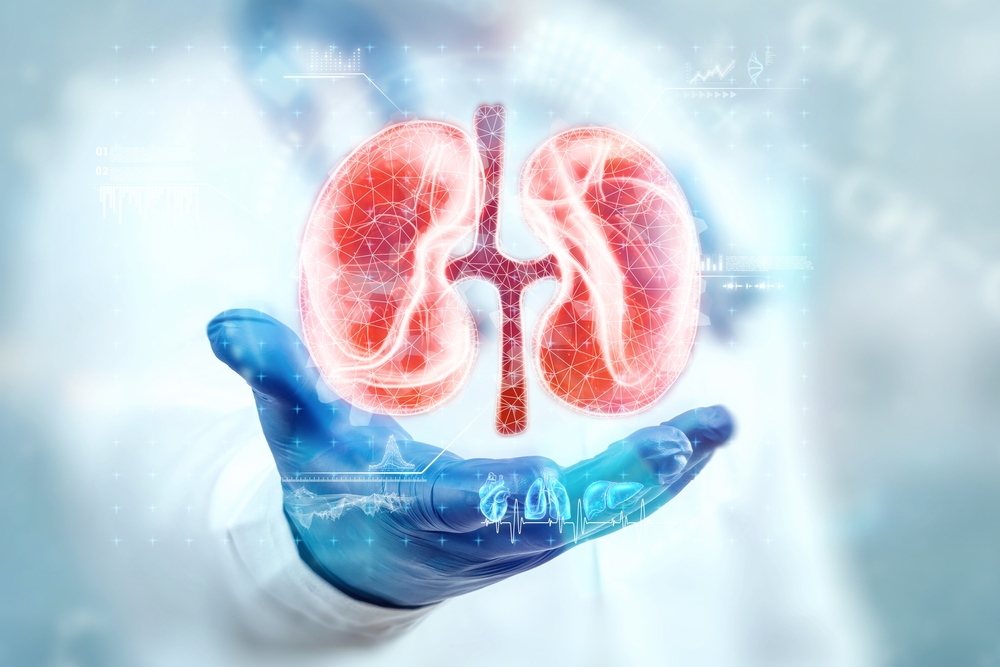
According to Mayo Clinic, Polycystic Kidney Disease is a disorder “in which clusters of cysts develop primarily within your kidneys.” Karen shared with PEOPLE just after the surgery, “The kidneys form large, water-filled cysts, and these cysts start to prevent the kidney from working normally,” She added, “They become really enlarged and the function decreases because of these cysts. The kidneys control a whole slew of things, so these cysts start to interfere with that.”
Although the cysts are noncancerous, they can cause permanent damage. Long-term, this causes loss of function. However, it can also have more immediate effects, like Madeline’s swelling kidneys. Interestingly, Polycystic Kidney Disease can also cause cysts in the liver or other areas of the body. Other symptoms include high blood pressure, blood in the urine, a “feeling of fullness in the abdomen,” and frequent UTIs. There are two main types of polycystic kidney diseases, and they most commonly occur from running in the family but can happen when neither parent has the gene.
Read More: 10 Warning Signs Your Kidneys Could Be Failing
Agonizing Over Polycystic Disease
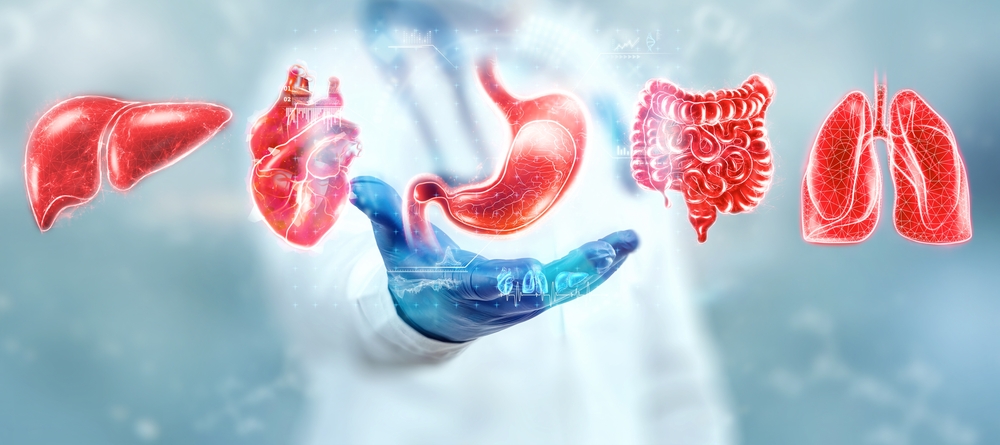
Madeline not only spent her first few months of life frequently visiting hospitals. She also suffered other physical complications. For example, as in Madeline’s case, Polycystic Kidney Disease can cause severe swelling. Her kidneys had grown in size to almost triple that of an average adult’s kidney. Furthermore, each weighed around 6 pounds. Meanwhile, her parents had to watch in agony as their daughter suffered. In contrast, the good news was on the horizon.
Being Prepared Helps
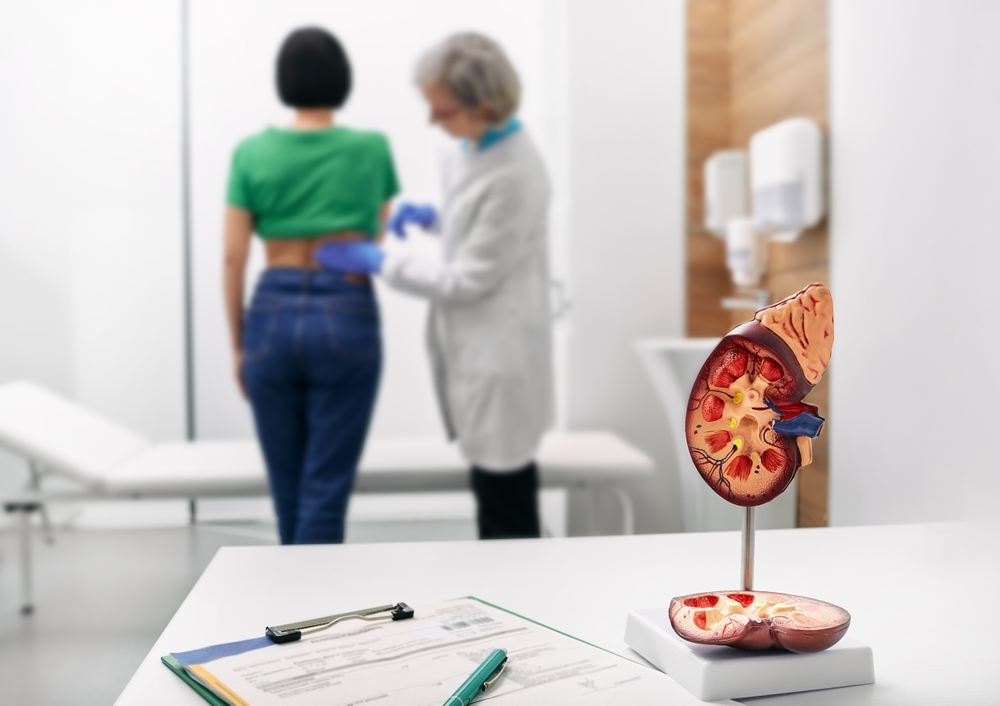
In most cases, the idea of a kidney transplant can be horrifying for parents. This is partly because they’ll have to be put on a waiting list until a donor match is available. In contrast, Karen and Paul had already taken care of that part. “It was one of the happiest moments of my life there are so many people out there that suffer and wait for a transplant, and they suffer the entire time they are waiting,” Paul explained. “I don’t think I did anything any other parent wouldn’t do given the opportunity. Knowing it was successful was the best feeling I’ve ever had. I saved her life – that’s the bottom line. It’s a feeling that’s difficult to describe – knowing that I was able to give her a second chance at life.” He added.
Treating Polycystic Kidney Disease
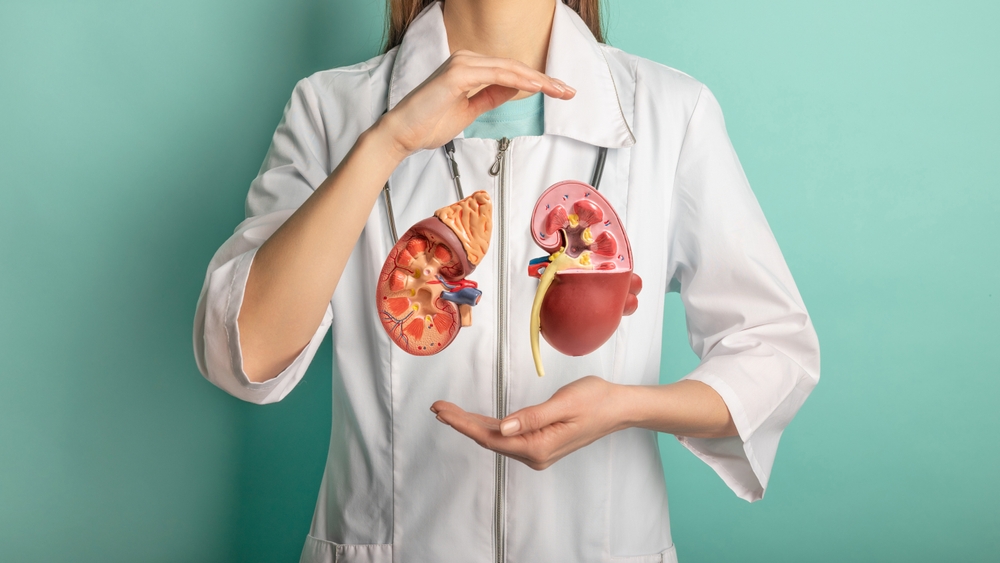
January 19th, 2016, Dr. Ron Shapiro and Dr. Scott Ames successfully performed the surgery. Unfortunately, one day Madeline will still need a full kidney transplant, but for now, the surgery has been done, and she has a chance at enjoying life. Madeline will always have to take immunosuppressants and faces the possibility of rejection at any time. Dr. Shapiro explained, “Oddly enough if you look at small kids getting kidneys from parents, they tend to do exceptionally well, so this kidney may last longer.”
Karen said of her daughter’s post-surgery status, “She is a completely different child. It’s like a light went on. She wants to move, and she’s got energy, and now she fights it when you put her down for a nap. She laughs and laughs.” Madeline now has a sister named Penelope. Penelope was deemed not to have the gene that makes her susceptible to Polycystic Kidney Disease. Paul ran the family’s deli. Meanwhile, Karen stayed home to help care for Madeline.
Read More: 10 Habits That Can Seriously Damage Your Kidneys
